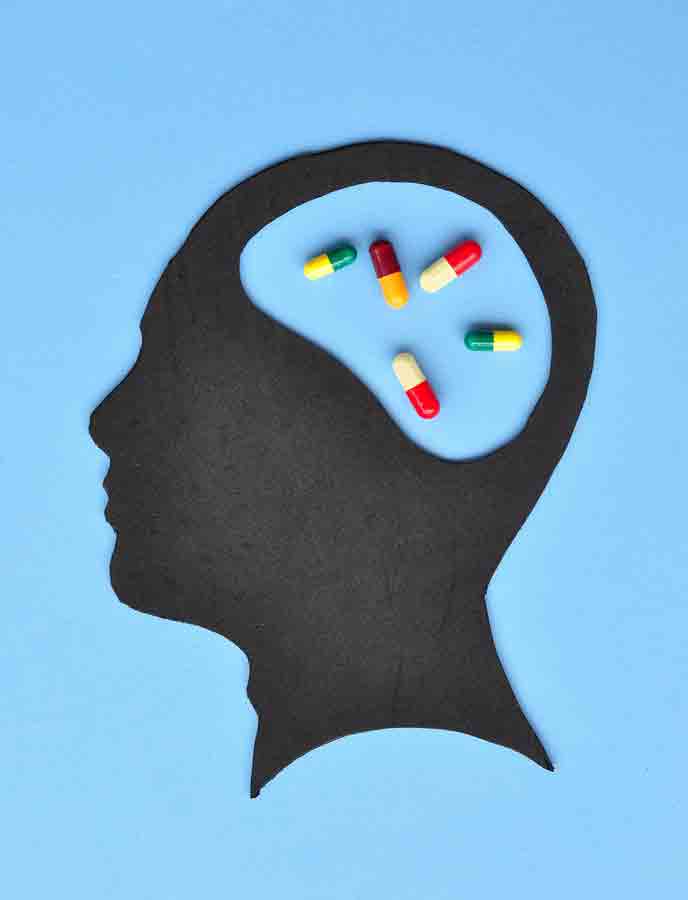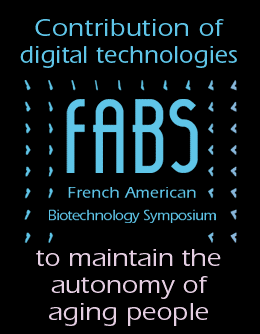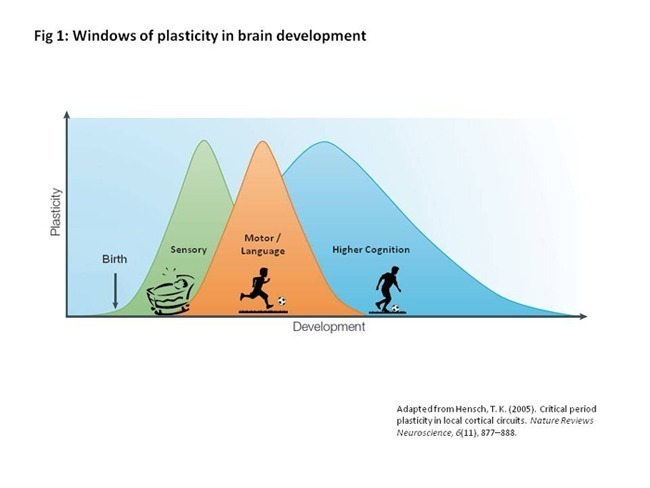Posts by SharpBrains
Can brain training reduce cancer risk?
Penn Researchers Receive Major Grant to Explore Use of Brain Training To Help People Change Behaviors that Increase Cancer Risk (press release): “Most people know that smoking, a bad diet, and physical inactivity can lead to catastrophic personal health consequences, including cancer. Yet millions continue to smoke, eat poorly, and fail to get enough exercise. A…
Read MoreSSRI antidepressants linked to increased risk of stroke
Antidepressants linked to risk of brain bleeds (Chicago Tribune): “People using a common class of antidepressants may have slightly increased odds of suffering bleeding in the brain — though the risk is still very small, researchers reported Wednesday…The antidepressants are known as selective serotonin reuptake inhibitors (SSRIs), and include widely used drugs like fluoxetine (Prozac),…
Read MoreBeta amyloid build-up in the brain may increase risk of cognitive impairment more than having “Alzheimer’s gene”
Plaque Build-Up in Your Brain May Be More Harmful Than Having Alzheimer’s Gene (Science Daily): “A new study shows that having a high amount of beta amyloid or “plaques” in the brain associated with Alzheimer’s disease may cause steeper memory decline in mentally healthy older people than does having the APOE ?4 allele, also associated with…
Read MoreEmerging digital technologies to maintain autonomy and health
Quick heads-up: Interesting upcoming event (Oct. 25–26th) in Nice, France, organized by the French American Biotechnology Symposium, focused on “Contribution of digital technologies to maintain the autonomy of aging people,” and discussing innovation around telemedicine, medical devices in home care, bioengineering, neurostimulation, neural implants. The organizers want to engage French and American academic researchers, students,…
Read MoreQ&A about new brain fitness eCourse
We have received several good questions about the new eCourse How to Be Your Own Brain Fitness Coach, so here are some answers. Q: How many hours may it take me to complete the course? A: Around 10–12 hours total. The four lectures, combined, last 8 hours, and we recommend
Read MoreHarnessing neuroplasticity to drive and repair brain development
Re-opening Windows: Manipulating Critical Periods for Brain Development (Cerebrum): “Whether we realize it or not, nearly all of us have dreamed of enhancing brain plasticity, or the brain’s capacity to change. This desire might become apparent when we visit a foreign country late in life and wish we could speak with the fluency of a…
Read More




